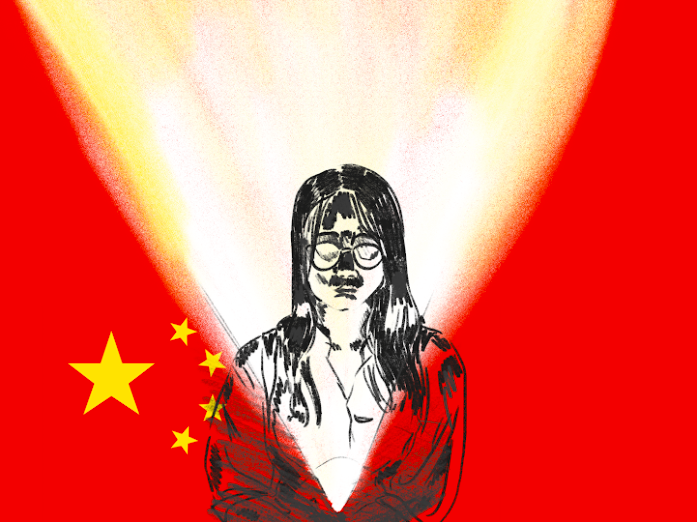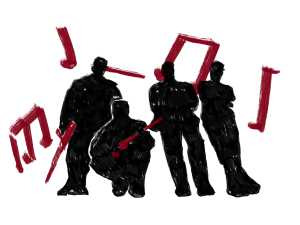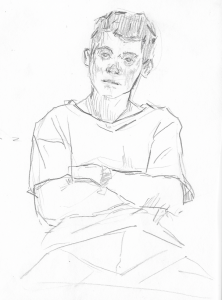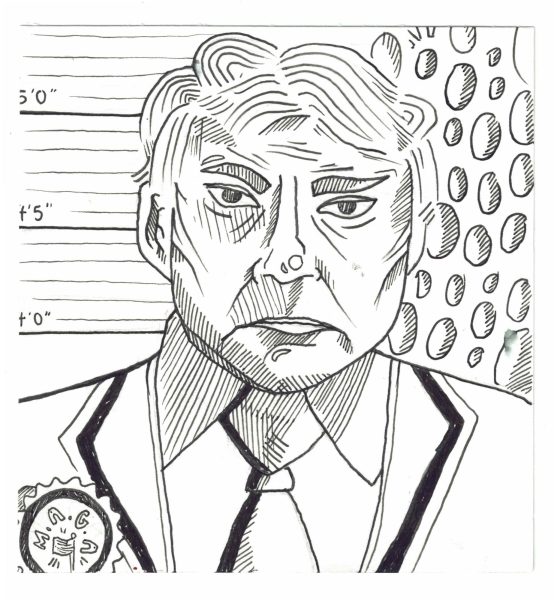China’s National Security Law is a Global Concern
March 8, 2022
In 1989, a two-and-a-half-month-long student-led protest calling for democratization took place in the center of Beijing, at Tiananmen Square. On June 4th, the Chinese government sent troops and tanks to suppress the movement, resulting in many civilian deaths. Even after 33 years, the precise death toll remains unknown. Since 1989, Hong Kong—the only region in China where citizens are permitted to openly discuss such history—has held an annual commemoration of the lives of protestors in remembrance of this historical tragedy. However, such freedoms have since vanished in Hong Kong, as the event has been forbidden by the government for the past two years. Public information has also been censored increasingly. For example, it was recently discovered that an episode of The Simpsons which mentioned June 4th was removed from streaming platforms in Hong Kong. These vigorous restrictions follow the enactment of new legislation in Hong Kong.
In 2020, the Chinese government introduced the National Security Law (NSL). The law states that the government can “take necessary measures to regulat[e] … matters” including the media and the internet. The Hong Kong government can also request information to be taken down on the grounds of national security. As a result, many journalists were unreasonably charged in the name of alleged “collusion with foreign forces” and “conspiracy to publish seditious material.”
The impact of China’s censorship policy has not been confined to its borders.
China is ranked as the fifth most censored country in the world according to the Committee to Protect Journalists and is infamously known for the “Great Firewall,” an extensive and sophisticated censorship system. Popular social media platforms such as Facebook, Twitter, and YouTube are all blocked in the country, and countless Chinese social media posts are deleted on a daily basis.
The impact of China’s censorship policy has not been confined to its borders; it is able to leverage its economic muscle to extend its influence internationally, more specifically, on the United States. For instance, after Celtics player Enes Kanter made an open statement in support of Hong Kong’s social movement, he was banned from appearing on Mainland Chinese state television from which the NBA had previously been receiving a multimillion-dollar annual payment for the rights to basketball games, according to The Washington Post.
Additionally, students from China and Hong Kong studying in the US have faced issues with online learning as a consequence of China’s NSL. Faculty at prestigious institutions such as Harvard University, University of Chicago, and Yale University feared that the content of various classes, especially relating to the political climate of China, would be sensitive to students who were studying in their respective home countries due to COVID-19 restrictions.
We, as bystanders, should support Hong Kong citizens in their movement to exercise basic human rights including freedom of speech, assembly, and organization. As said by the President of the Committee for Freedom in Hong Kong Mark Clifford, an award-winning author and former journalist, “Today Hong Kong, Tomorrow the World.” We have seen evidence of the impact of NSL crossing borders, therefore, we must be cautious; even though we are in “land of the free,” we can never take freedom of speech for granted.
This piece also appears in our February 2022 print edition.











